Most people can withdraw from marijuana at home. But how can you ease symptoms of marijuana withdrawal? We review here. ...


Comprehensive guide to illicit drug use, abuse, and addiction. Scientific guides to the most used and dangerous drug people use today.
A basic definition of marijuana as a psychoactive substance, with info on addictive properties and most common effects. More here!
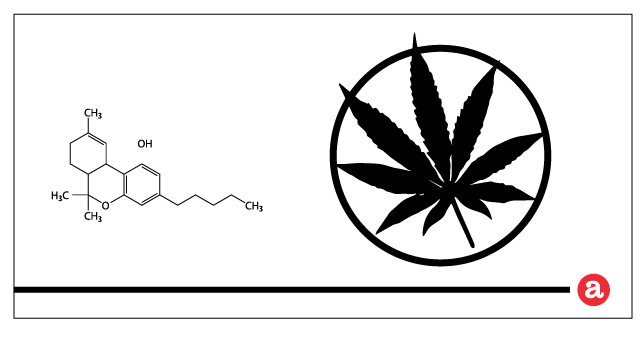
Most people can withdraw from marijuana at home. But how can you ease symptoms of marijuana withdrawal? We review here. ...

What are the effects of mixing marijuana and alcohol? More here on possible harms and warnings for mixing marijuana with ...
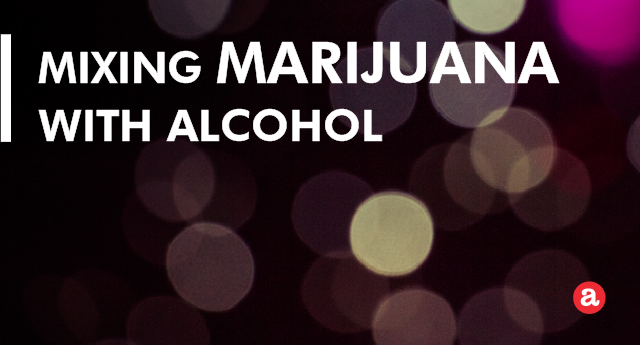
Marijuana withdrawal is a set of physical and psycho-emotional symptoms that occur when you stop using marijuana after a ...
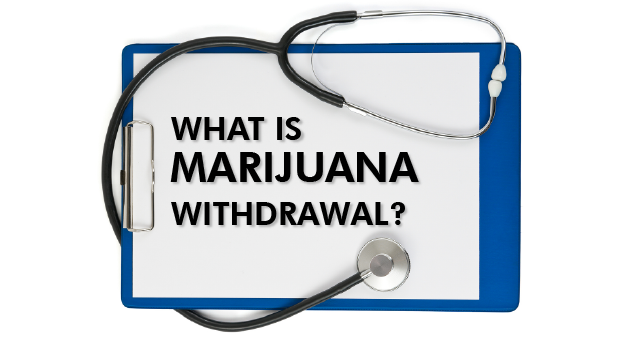
Help for marijuana addiction includes psychological therapies, educational sessions as well as physical stabilization wh ...
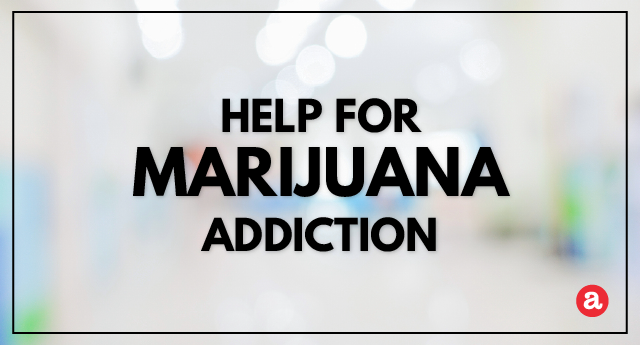
Marijuana withdrawal smyptoms include irritability, anxiety, and restlessness as well as decreased appetite, headaches, ...
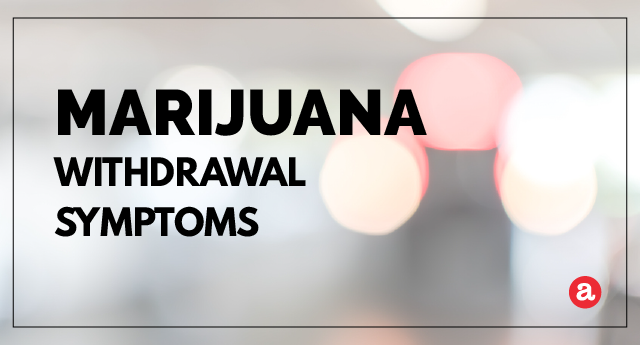
Think you can’t become dependent on marijuana? Think again. Dependence on marijuana results in withdrawal symptoms upo ...
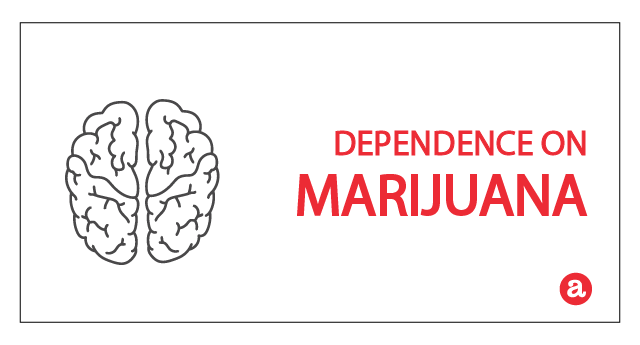
You know you're developing tolerance to marijuana when you no longer feel its effects or need to use more marijuana to a ...
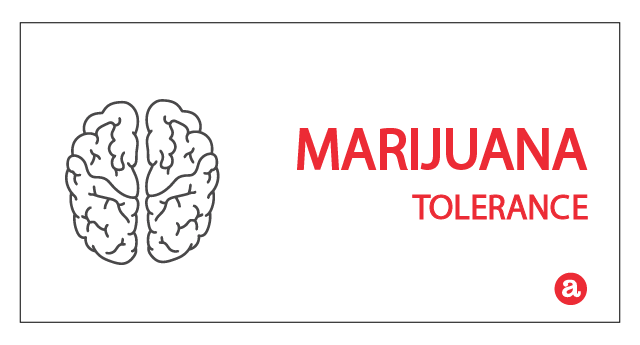
Yes, contrary to popular belief you have the potential of becoming addicted to THC. Studies report that THC use can lead ...
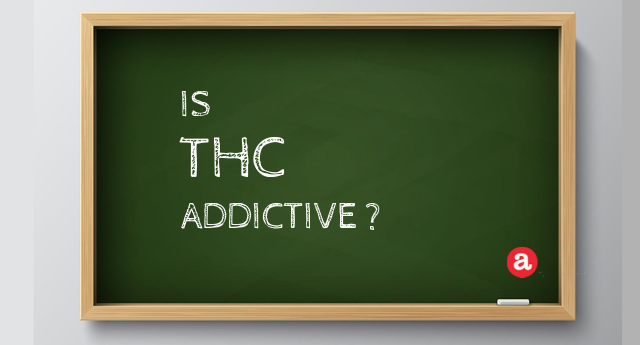
YES. Weed is addictive. In fact, becoming addicted to weed is more common than you may thing. We review how you get add ...
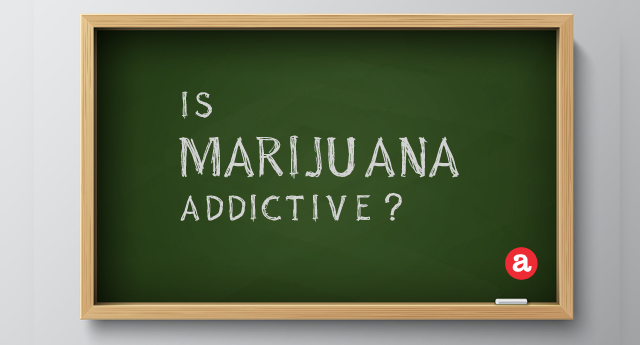
Yes, marijuana is addictive. More about marijuana's main addictive ingredients and marijuana addiction here. ...
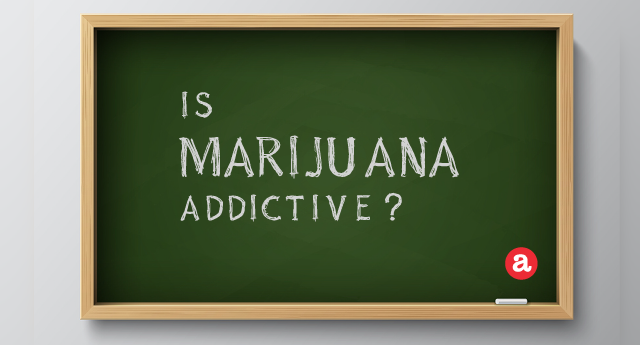
HOW OUR HELP LINE WORKS
For those seeking addiction treatment for themselves or a loved one, the Addictionblog.org helpline is a private and
convenient solution.
Calls to any general helpline (non-facility specific 1-8XX numbers) for your visit will be answered by
American Addiction Centers (AAC).
Caring admissions consultants are standing by 24/7 to discuss your treatment options. These representatives work
solely for AAC and will discuss whether an AAC facility may be an option for you.
Our helpline is offered at no cost to you and with no obligation to enter into treatment. Neither Addictionblog.org
nor AAC receives any commission or other fee that is dependent upon which treatment provider a visitor may
ultimately choose.
For more information on AAC’s commitment to ethical marketing and treatment practices, or to learn more about how to
select a treatment provider, visit our About AAC.
If you wish to explore additional treatment options or connect with a specific rehab center, you can browse top-rated listings, visit our homepage and browse by state, or visit SAMHSA.
Comments